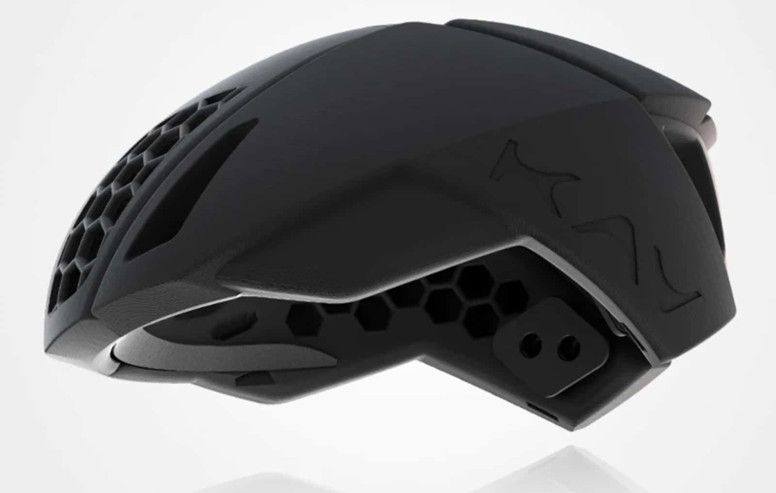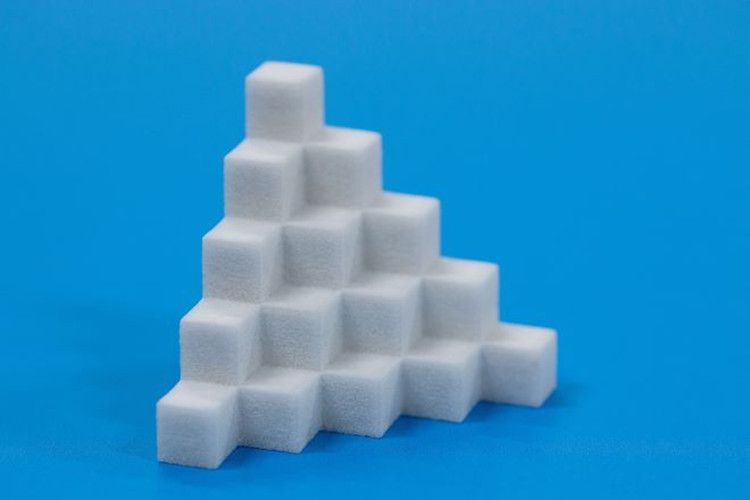
Charles R. Goulding and Fraser Lintott discuss some recent developments at Jabil.
Jabil is a massive global manufacturing company with over 250,000 employees, 500 million square feet of manufacturing space, and 100 sites in 30 countries. In the 2022 Fortune 500, Jabil outranked Starbucks, Nvidia, McDonald’s, and many others. We have previously written about Jabil’s increasing 3D printing capabilities providing its clients with the myriad benefits of additive manufacturing.
A Change in Management
On May 1st of this year, Jabil announced that Kenny Wilson, the previous CEO and executive vice president of Jabil’s Green Point Division, will succeed Mark Mondello as CEO.
Wilson has over 30 years of industry experience and is a seasoned veteran at Jabil, starting in 2000 as a business coordinator. Mondello gave high praise to Wilson stating, “His work ethic, approach, experience, and commitment to servant leadership position him perfectly to lead our team.”
Custom and Safe Helmet Innovation

California-based KAV Sports enlisted the help of Jabil after their own engineers struggled to find a material that fit their strict criteria for a custom, 3D printed helmet. KAV wanted their helmet to be light, perform in extreme temperatures ranging from -15 to 60 degrees centigrade, and of course absorb high-velocity impacts. Jabil delivered a custom additive material that fit all their criteria as well as looking stylish in just 9 months.
Jabil’s team achieved this using a custom polymer material made of a nylon carbon fiber composite that was both flexible and strong. They then used this custom material with their additive manufacturing techniques. The custom helmets can be made in 2-3 weeks. By utilizing 3D printing, not only was waste reduced (KAV prides itself on being net carbon neutral production), but also increased customization for each customer was ensured. The final helmet ended up exceeding US safety standards by over 25%.
The KAV Portola helmet was recognized by Time Magazine as one of the best inventions of 2022.
A New Sustainable Polymer

Jabil also recently teamed up with NatureWorks to create a new powder-based polymer. This polymer is made of renewable biomaterial and serves as a natural alternative to petrochemical-based powders.
Salvador Ortega, the global industry manager for NatureWorks, said this on the new material:
“Our Ingeo material is a lower-cost alternative with a carbon footprint that is 89% smaller than PA 12, which makes it well suited for a wide variety of additive manufacturing applications.”
This polymer is not only better than traditional nylon but is better for the environment. Jabil has shown a future where 3D printing with sustainable materials helps manufacture our everyday items.
The Research & Development Tax Credit
The now permanent Research and Development (R&D) Tax Credit is available for companies developing new or improved products, processes and/or software.
3D printing can help boost a company’s R&D Tax Credits. Wages for technical employees creating, testing and revising 3D printed prototypes can be included as a percentage of eligible time spent for the R&D Tax Credit. Similarly, when used as a method of improving a process, time spent integrating 3D printing hardware and software counts as an eligible activity. Lastly, when used for modeling and preproduction, the costs of filaments consumed during the development process may also be recovered.
Whether it is used for creating and testing prototypes or for final production, 3D printing is a great indicator that R&D Credit eligible activities are taking place. Companies implementing this technology at any point should consider taking advantage of R&D Tax Credits.
Conclusion
Jabil continues to innovate in the 3D printing field. Their focus on 3D printing paves the way for other major manufacturers. Their efforts in sustainability also shine a bright light towards the future.
